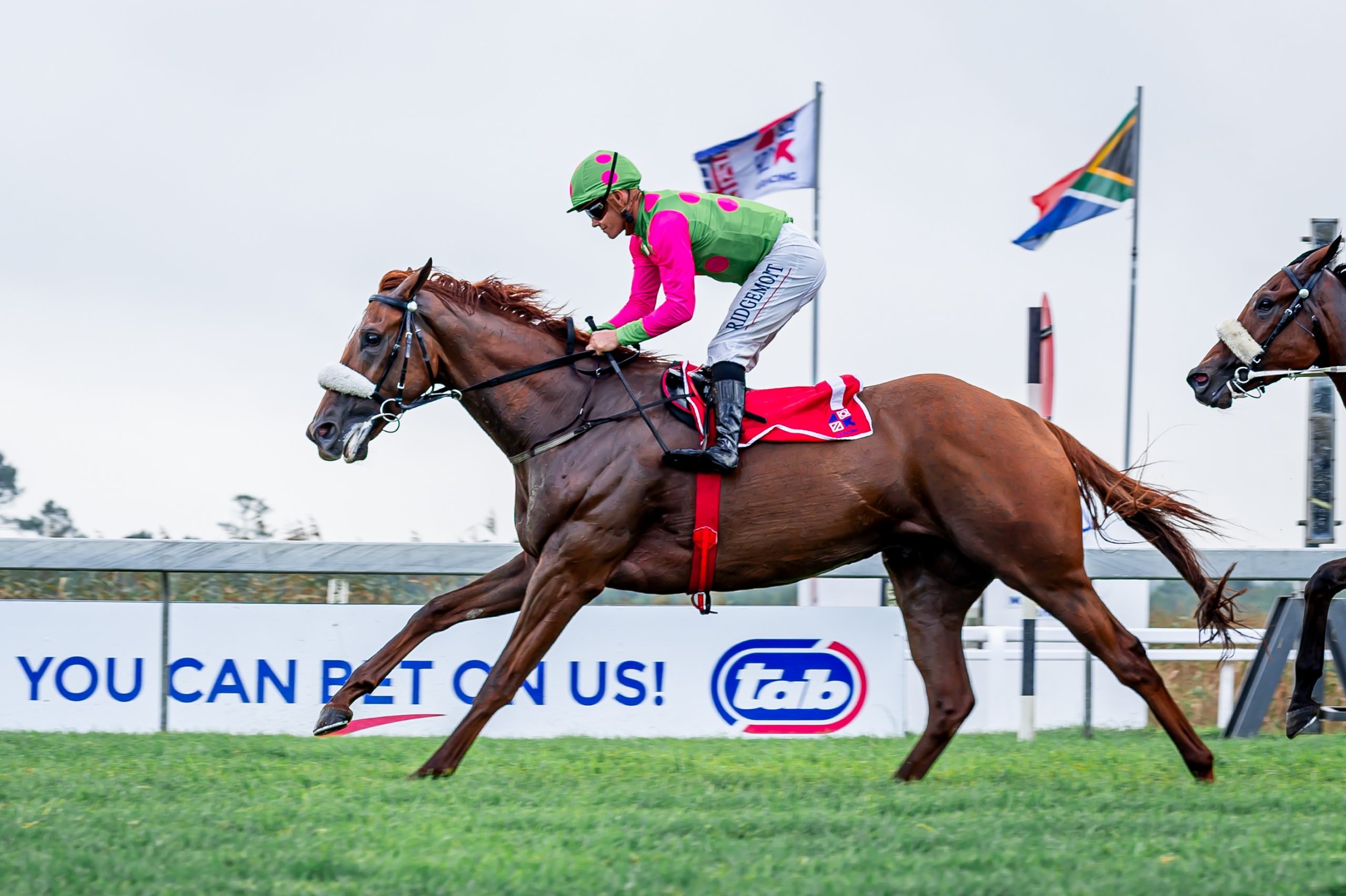Horseracing and tote betting company Phumelela plans to install a state-of-the-art synthetic racetrack at Fairview Racecourse in Port Elizabeth, which will deliver major benefits to horses and the environment.
The installation of a synthetic racetrack at Fairview will render Port Elizabeth’s other racecourse Arlington redundant because unlike turf tracks any number of race meetings can be held on a synthetic surface.
Currently two racecourses are required in order to accommodate the 70-odd race meetings held in the city annually, but a synthetic surface at Fairview will enable all races to be held at one venue. Consequently, Phumelela has asked the East Cape Gambling Board to lift its requirement for two racecourses in the city. Racehorses and the environment will be the major beneficiaries of a synthetic racing circuit.
Synthetic tracks are kinder than their turf and sand equivalents to horses, who suffer less wear and tear to their legs and consequently fewer injuries and breakdowns.
The major environmental benefit is that whereas turf and sand tracks require copious amounts of water to sustain them, synthetic tracks need virtually no water. This is of huge importance in the Eastern Cape, where droughts are common.
“You only water synthetic tracks to cool them if temperatures exceed 35 degrees and that’s something which rarely happens in Port Elizabeth,” said Phumelela Horseracing Executive Patrick Davis.
Virtually all racehorses in Port Elizabeth are now stabled at Fairview and another environmental benefit of a synthetic track there and closing Arlington is that there will be no need to transport horses from one venue to the other. This will save owners money and reduce road wear and carbon emissions.
There are also commercial benefits. One racing venue instead of two will significantly reduce operating costs and a synthetic track will ensure that virtually no meetings are abandoned because of rain, which will boost betting turnovers and betting tax revenue to provincial government.
Phumelela has commissioned specialist plant-and animal biologists to ensure a positive impact on the environment, especially the man-made wetland inside the tracks.
Martin Collins, manufacturer of the Polytrack synthetic surface, does not believe his synthetic tracks pose any threat to the environment and says that investigative work and post-installation testing have been conducted for several years on Polytrack surfaces.
“For example, following the installation of the Polytrack at Lingfield Park, an extensive programme of environmental monitoring was undertaken to assess the environmental impact, if any, of the surface on the streams flowing through the site,” said Collins.
“The testing was carried out over a 12-month period. Investigation was carried out on the water which had filtrated through the Polytrack surface, the underlying tarmac layer, into the carboniferous limestone drainage bed and lastly via the extensive drainage system before entering the stream.
“The results showed that Polytrack had no detrimental effect on the quality of water leaving the site, and hence a negligible measured environmental impact.”








